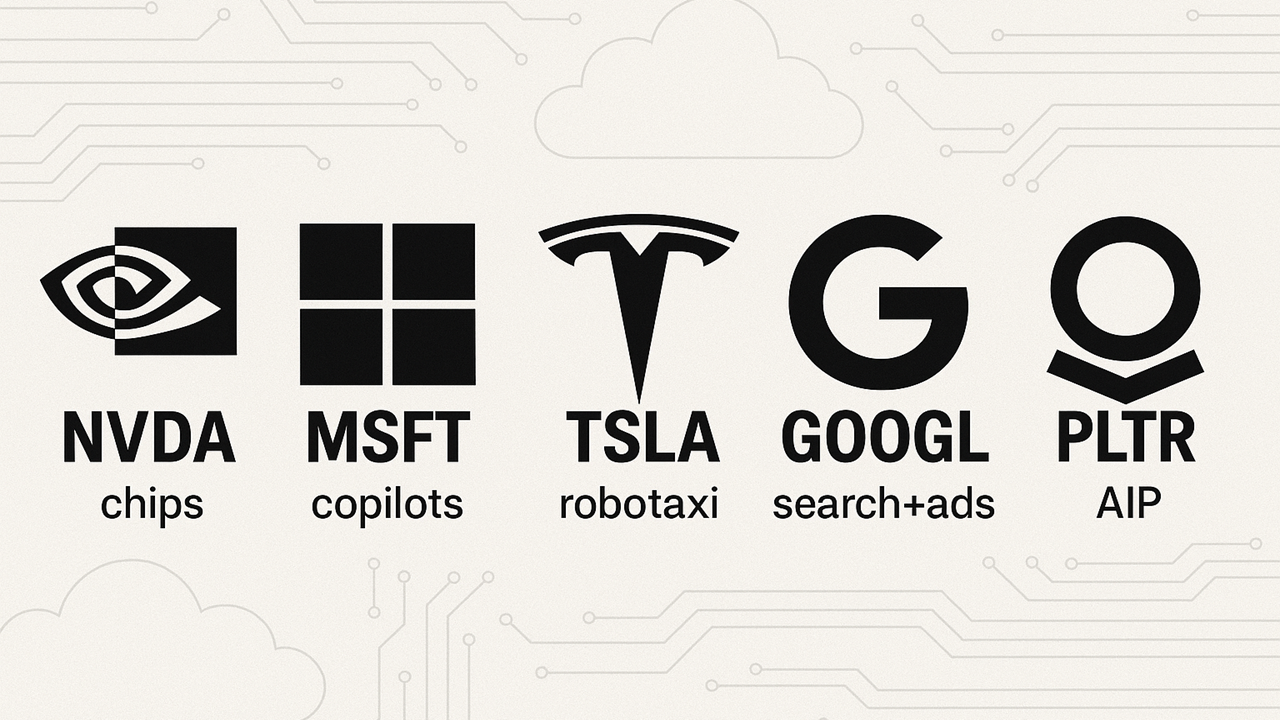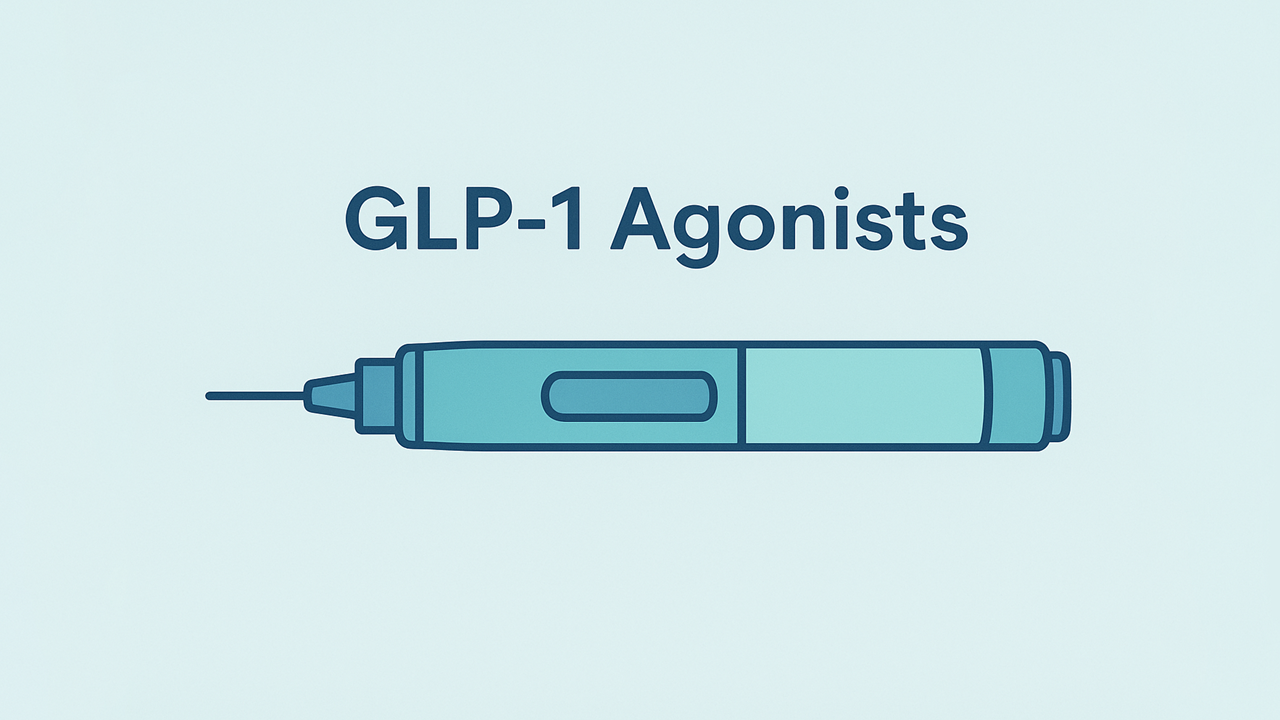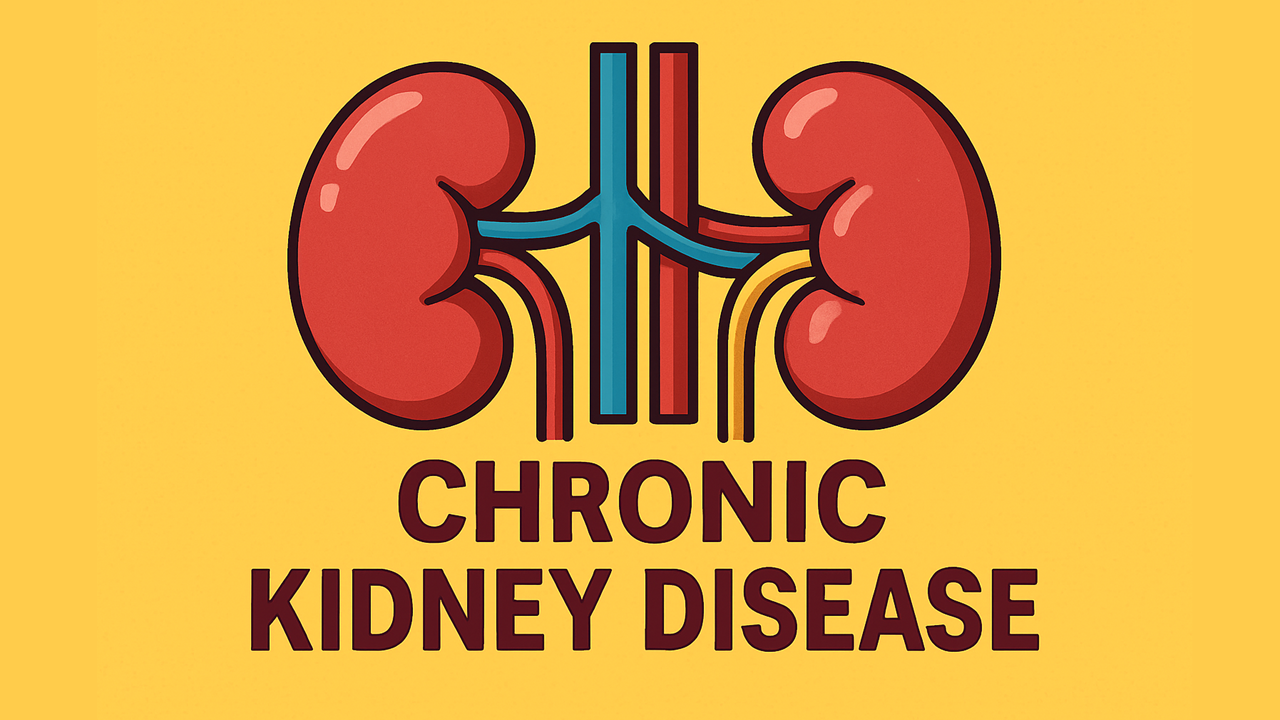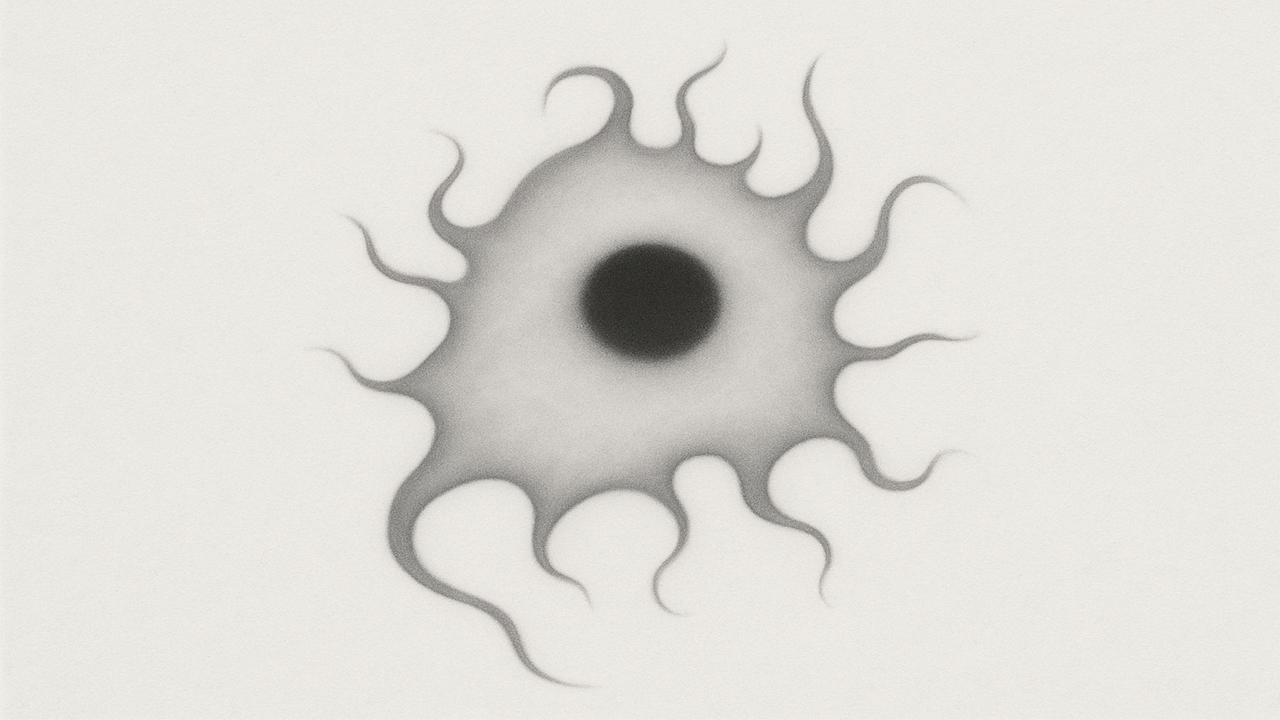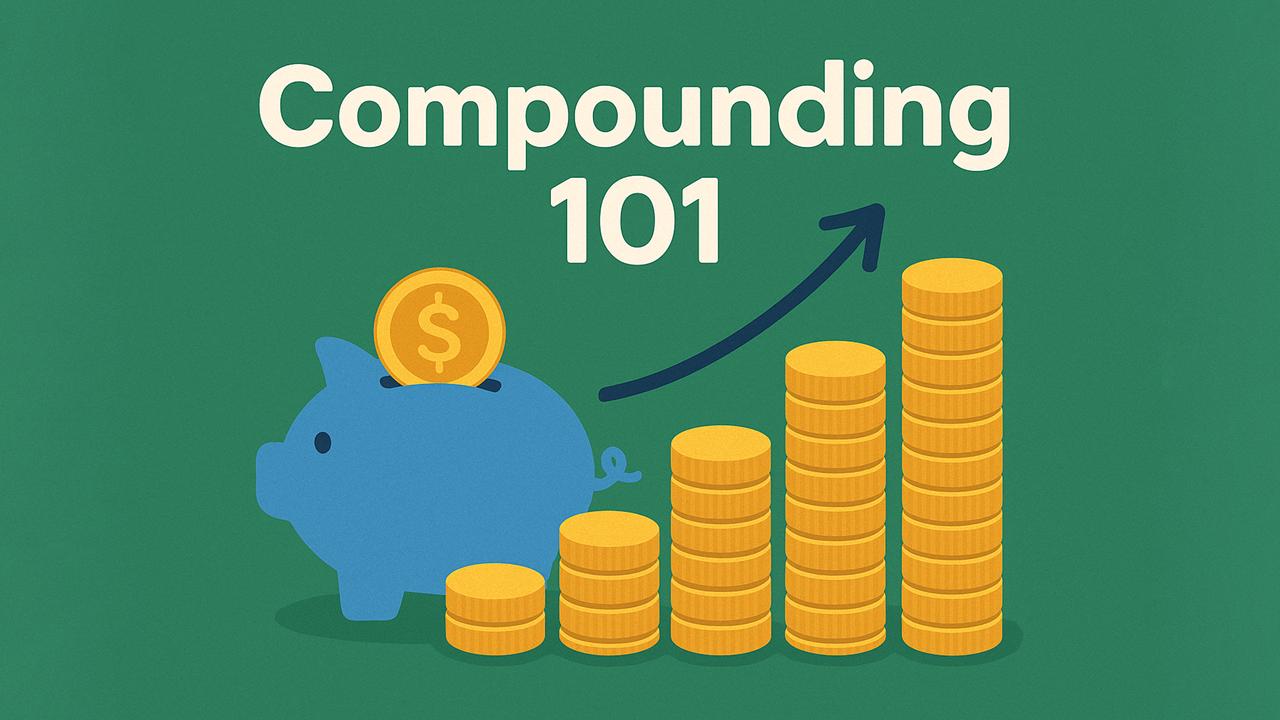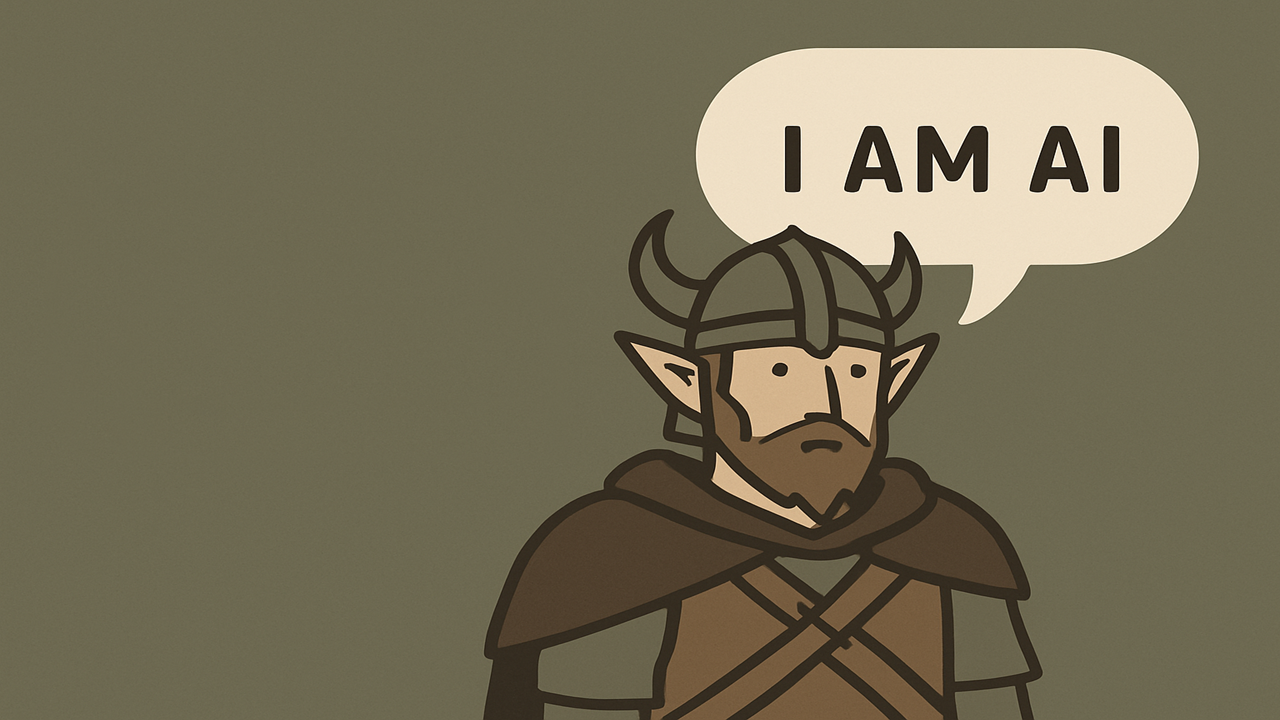Modern Medicine's Success and Its Unintended Effects on Our Genetic Future
Modern medicine has extended human lifespans on an unprecedented scale, with global average life expectancy more than doubling over the past century—from about 32 years in 1900 to roughly 71 years by the early 2020s. Much of this improvement stems from advances such as vaccines, antibiotics, and surgical techniques, as well as public health measures that reduce mortality across all age groups. Although this remarkable achievement has saved countless lives, it has also created an unintended genetic consequence: individuals carrying significant hereditary risks are now far more likely to survive, reproduce, and pass on those risk alleles.
Introduction
Medical interventions have dramatically improved outcomes for those born with serious genetic disorders or predispositions. Historically, many hereditary conditions severely limited lifespan, preventing transmission of the associated genes. Conditions such as type 1 diabetes and cystic fibrosis, once almost invariably lethal by adolescence or young adulthood, are now managed well enough that affected individuals frequently live into middle age or beyond. As a result, natural selection’s former role in limiting the spread of deleterious alleles has been curtailed.
This shift has led to an increasingly complex interplay between genetic heritage and modern medicine. Many individuals with profound genetic vulnerabilities now reach reproductive age, allowing harmful variants to persist and, in some cases, become more prevalent in the population. The sections that follow examine how improved survival for genetically at-risk individuals contributes to greater transmission of disease-related genes, and how gene-editing technologies may eventually offer the only comprehensive approach to mitigating this accumulating burden.
Modern Medicine and Survival of Genetically Predisposed Individuals
Breakthroughs in medical care have transformed once-deadly hereditary disorders into manageable chronic conditions, creating a new reality in which carriers of high-risk alleles frequently survive well into adulthood. A few illustrative examples highlight this trend:
Type 1 Diabetes (T1D)
Before the introduction of insulin in the 1920s, children with T1D typically succumbed to the disease in adolescence, with little chance to reach reproductive age. Advances in insulin therapy now mean that patients can routinely survive into their 60s or later. This extended survival greatly increases the likelihood of transmitting T1D-associated genes to the next generation.Cystic Fibrosis (CF)
Modern treatments that include respiratory therapy, pancreatic enzyme supplementation, and enhanced infection control have boosted median life expectancy for individuals with CF from early childhood in the 1930s to more than 40 years today. Those who once died in infancy or childhood can now have children, thereby propagating recessive CFTR mutations that historically were purged from the population.Hereditary Cancer Syndromes
With advanced screening, surgical interventions, and oncology therapies, hereditary cancer syndromes such as retinoblastoma, caused by dominant mutations in the RB1 gene, are no longer automatic death sentences in early childhood. Survivors pass along these mutations at higher rates, elevating their prevalence in the gene pool.Familial Hypercholesterolemia (FH)
FH leads to extremely high LDL cholesterol and premature heart disease. Modern cardiology, including statin therapy and newer drugs like PCSK9 inhibitors, allows individuals with FH to live longer and have families—transmitting the genetic predisposition to the next generation.
These developments represent significant humanitarian achievements. However, they also illustrate the mechanism by which medical interventions preserve and extend the reproductive capacity of individuals who carry alleles once “weeded out” by early mortality.
Transmission of Deleterious Alleles in the Population
Higher survival rates for those with serious inherited conditions mean that disease-related alleles are transmitted more frequently to offspring. Over multiple generations, this leads to a gradual increase in the frequency of harmful genes—a phenomenon sometimes referred to as relaxed natural selection. Global analyses have detected a correlation between reduced mortality, advanced healthcare, and rising incidence of genetically linked conditions like type 1 diabetes or familial hypercholesterolemia, lending weight to this concept.
Direct genetic data also support these observations. Ancient and modern genome comparisons in European populations indicate that alleles for certain chronic diseases have increased in frequency over time, especially in recent centuries. Factors such as rapid population growth and improved healthcare limit the selective pressure against risk variants, enabling these alleles to accumulate despite their detrimental effects on health.
Historical Natural Selection and Genetic “Purging”
In eras before advanced medical care, serious hereditary diseases often resulted in early death, long before the affected individuals could reproduce. This harsh reality functioned as strong negative selection—removing the underlying variants from the gene pool each generation. Conditions including cystic fibrosis, phenylketonuria, muscular dystrophy, and various congenital heart defects serve as prime examples; patients were unlikely to reach adulthood, thus purging many lethal variants.
Throughout much of human history, child mortality rates were extremely high, partly due to hidden genetic susceptibilities in addition to infections and malnutrition. The survivors were those without severe inherited disorders. Consequently, deleterious alleles had less opportunity to persist. In contrast, modern societies have loosened these selection filters. Over the past 100–150 years, infant and childhood mortality have plummeted to historically low levels, largely because medical care neutralizes many genetic risk factors.
Rising Heritable Disease Risk Across Generations
This relaxation of selection suggests that the overall genetic disease burden will continue to increase modestly over successive generations. The accumulation of deleterious alleles can heighten susceptibility to conditions such as heritable cancers, metabolic disorders, and autoimmune diseases, forcing healthcare systems to devote more resources to mitigating these risks. Studies that compare ancient DNA to present-day samples have confirmed a steady rise in pathogenic or disease-associated variants, although the exact pace of this accumulation varies among different populations.
Certain heritable conditions that once occurred at low levels are now documented at higher frequencies, potentially reflecting both improved diagnosis and genuine increases in underlying genetic risk. In some populations, the incidence of strongly heritable cancers or autoimmune disorders has multiplied several-fold as fewer individuals die before passing along the relevant risk alleles.
Genome Editing: Toward a Long-Term Solution
Genome editing technologies represent a potential strategy for reversing or preventing the buildup of harmful genes in the human population. While this approach remains ethically and practically challenging, rapid progress in molecular biology has started to offer ways of correcting these variants rather than simply managing their consequences.
CRISPR-Cas9 Gene Editing
The CRISPR-Cas9 system can cut DNA at targeted sites, enabling researchers to disable or replace problematic genes. Clinical trials have already demonstrated functional cures for disorders such as sickle cell disease by editing hematopoietic stem cells. Preliminary research has also shown the feasibility of correcting disease-causing mutations in early human embryos. However, concerns about off-target effects and ethical issues regarding germline modifications have so far limited clinical applications.
Base Editing
Base editors provide a more refined approach by swapping one base pair for another without introducing double-strand DNA breaks. Many pathogenic mutations stem from single-nucleotide alterations, and base editing tools can directly reverse them. Multiple proof-of-concept studies have used these techniques to repair disease-linked mutations in patient cells with minimal collateral damage, though large-scale embryo editing remains a subject of significant debate.
Epigenetic Reprogramming
Another avenue involves modifying gene expression rather than the underlying DNA sequence. CRISPR-based epigenetic editors attach or remove chemical marks to alter a gene’s activity. This method can silence or activate target genes on demand. One example includes silencing the PCSK9 gene in the liver to reduce cholesterol levels, offering potential long-term benefits without changing the genome itself.
Future Outlook
The interaction between relaxed natural selection and an accumulating genetic disease burden is likely to intensify the need for advanced therapies. Medical systems are already absorbing the higher costs associated with managing chronic, inherited conditions, and that burden may rise over time. Genome editing—whether somatic or germline—could theoretically cut this feedback loop by repairing the underlying mutations.
However, major challenges remain. Safety, off-target impacts, and ethical boundaries must be addressed before widespread adoption of heritable genome editing. There are also concerns about safeguarding genetic diversity, since certain alleles that pose risk in one environment might confer advantages in another (as seen with the sickle cell trait’s malaria resistance). A cautious approach that targets only severe disease-causing mutations, with strict regulations, might emerge as a realistic compromise.
In an optimistic scenario, the next century may see a dramatic reduction in hereditary diseases if safe, effective gene editing becomes routinely available. This outcome would reduce significant human suffering and healthcare costs. Yet questions of access and fairness loom large—there is a possibility of creating new inequalities if only privileged groups can afford or choose to edit their offspring’s genes.
Ultimately, modern medicine’s success in prolonging lives with genetic conditions has inadvertently propelled humanity into a new era of evolutionary dynamics, one in which decisions about whether and how to correct inherited mutations will shape future generations. Continued research, international dialogue, and careful policy-making will likely determine whether these genetic challenges can be managed responsibly, preserving the positive achievements of medical progress while preventing a runaway increase in heritable disease risk.
Conclusion
Modern medicine has revolutionized survival for individuals with severe genetic disorders, extending lifespans and improving quality of life in ways unimaginable just a century ago. This success, however, has also allowed deleterious alleles to proliferate more readily, subtly raising genetic disease burdens in human populations over time. As advanced therapies evolve, including gene editing and targeted epigenetic manipulation, a path to reducing this accumulation of risk may emerge.
The next decades will be critical in balancing these possibilities. Without direct genetic interventions, reliance on continuous medical management for a growing number of inherited conditions may become the norm. On the other hand, if carefully regulated genome-editing solutions become feasible, the future might include preventing many debilitating hereditary illnesses from ever manifesting. Society now stands at a crossroads, deciding whether to continue passively accepting the genetic consequences of saving lives—or to engage in more proactive, targeted correction of disease alleles, ultimately reshaping the trajectory of human evolution.



